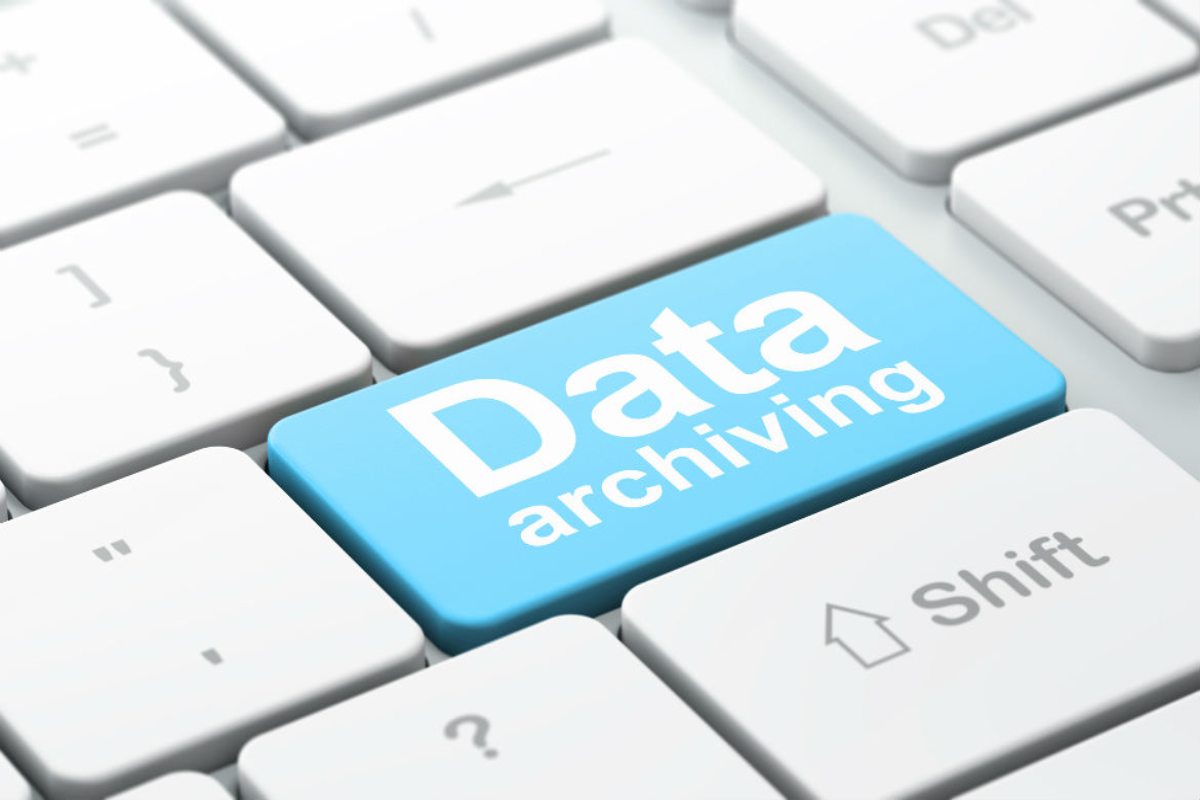The essence of today’s fast moving business environment can in a large way be attributed to the efficient management of data. Amazingly, Sales Force the prominent CRM destination creates much data as it is comprehended well with the clients. Eventually, one benefit may accrue to the detriment of the other, notably on the issues of system performance and costs of storage. It is crucial to apply the best practices in using, configuring, and expanding Salesforce data archiving solutions to keep up the application’s performance and abide by data regulation guidelines.
Why Archive Salesforce Data?
Data archiving involves transferring inactive data to a separate storage system where it can be securely stored and easily retrieved when needed. Salesforce data archiving helps reduce the load on the primary system, improving overall performance and reducing storage costs. Additionally, it ensures that data retention and compliance requirements are met, safeguarding your organization against potential legal and regulatory issues.
Top Solutions to Archive Salesforce Data
1. Native Salesforce Data Archiving Tools
Data archiving is one more question that has built-in solutions in the Salesforce environment. These native solutions are easy to use and can be easily aligned with the existing set up you have within Salesforce.
- Data Loader: Data Loader is a client application used to perform importing and exporting of large amounts of data to and from files. It is especially useful in case of voluminous data and several formats of file storing are used.
- Salesforce Data Export Service: Using this service allows you to arrange the repetitive exportation of data. They can also be archived or permanently placed in a CD / DVD or any other storage format and kept safely for future use.
2. Third-Party Data Archiving Solutions
There are some third-party products and applications available to make Salesforce data archiving more efficient and effective. These tools sometimes offer additional options and are usually capable of doing more as compared to the native tools.
- OwnBackup: OwnBackup is an all-in-one application that deals with protection and archiving of data in Salesforce. It also – enables you to maintain historical information in Salesforce; – ensure that the data is easy to search and retrieve. Another feature that OwnBackup has in place is data security which encompasses features such as encryptions and access control.
- Odaseva: Most of Odaseva’s solutions are tailor-made for Salesforce; its data archiving solution is no exception. It offers tools for automated data archiving with the possibility to establish retention policies and the option for the fast search of the specific data in the archives.
- CloudAlly: CloudAlly is yet another cloud-to-cloud backup and recovery service provider that deals specifically with Salesforce data. It will provide automated backups daily as well as the data can be easily restored from the archive. By leveraging CloudAlly’s solution, all the data is protected from loss and meets the requirements for compliance.
3. Custom Archiving Solutions
There are specific solutions available for organizations who want special archiving solutions. Moreover, business needs and particular specifications can often be addressed in these solutions and they can cover previously existing systems.
Custom Development: Salesforce has a rich API along with the development tools that make it possible to build customized data archiving solutions to meet business requirements. This way of management provides an organization with full control over archiving as well as guarantees that the process complies with the set objectives.
CRM archiving or Data archiving using Salesforce as the platform
An optimal example of Best Practice that can be implemented is the Data Retention Policy.
The information retaining policy is one of the most essential elements of efficient data storage. Set policies on how long data should be kept and ensure that your archiving solution is following them.
Automate the Archiving Process
It eliminates the possibility of developing errors and it facilitates standardization of the archiving method. Choose applications that allow creating archives in an automatic mode to increase the efficiency of this process.
Ensure Data Security
When it comes to the records of an organization, it is always important that these records are protected to the highest levels when it comes to data security. Check whether the specifics of the chosen archiving solution are secure enough with features such as encryption, access rights, and adherence to regulation norms.
Regularly Monitor and Review
It is recommended to check your archiving practice periodically and review its appropriateness. Occasionally, make some verification checks to your carrier to ensure that the old data is properly backed up and is recoverable under any circumstances.
Conclusion
Salesforce data archiving strategies are essential in the management of maintenance in the systems, storage of data, and staying online with information retention acts. Regardless of the option chosen, native Salesforce tools, third-party solutions, or custom-developed solutions, the idea remains to go for a solution that optimizes the organizational operation. Thus, adhering to these concepts and reviewing your company’s process of archiving data, you will be able to provide its Salesforce data with the necessary safety and accessibility.


